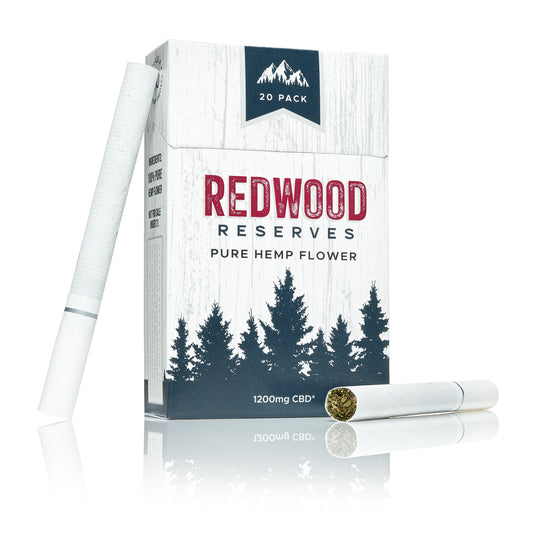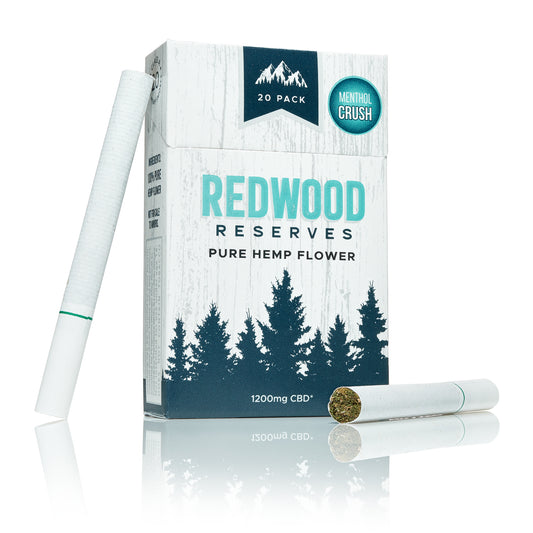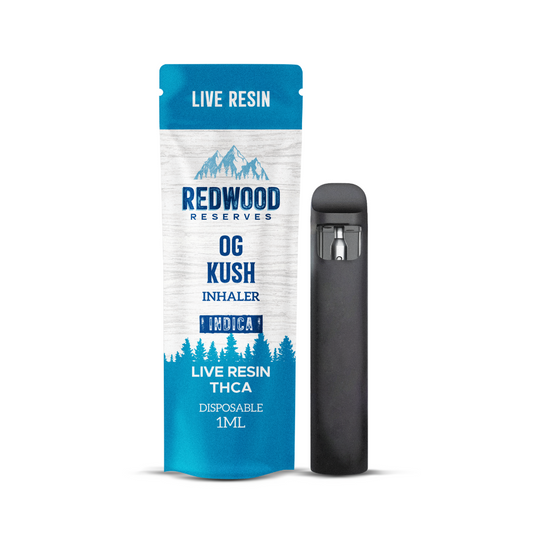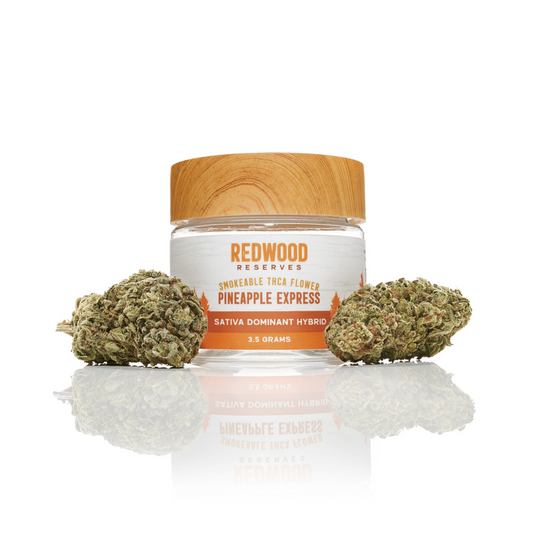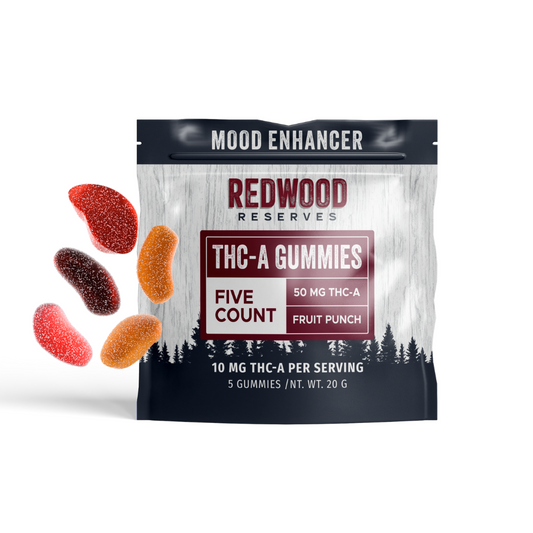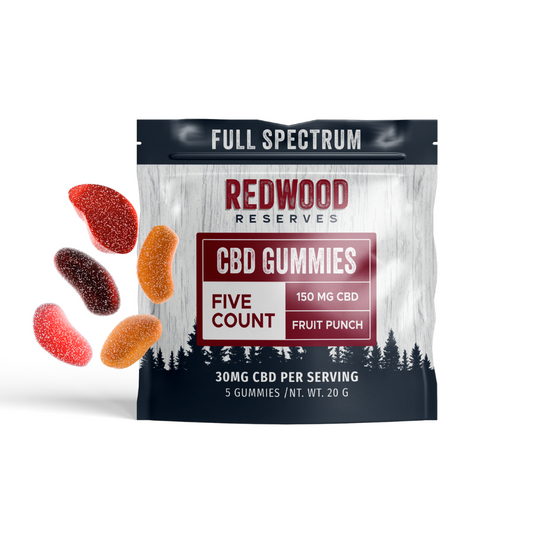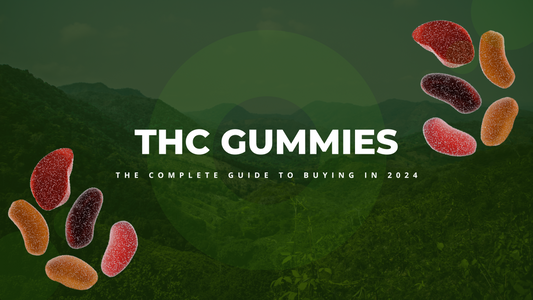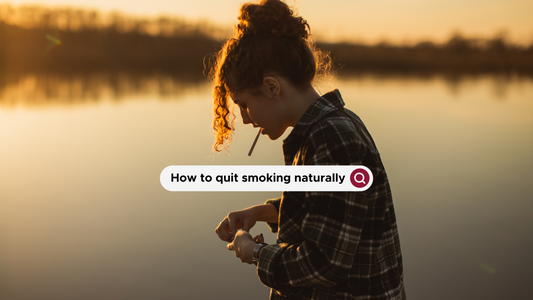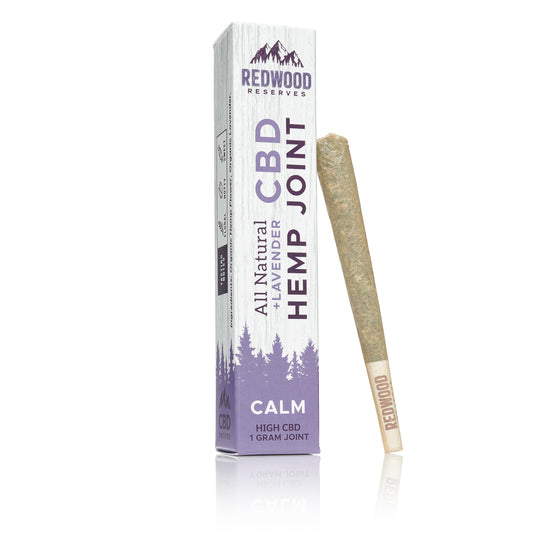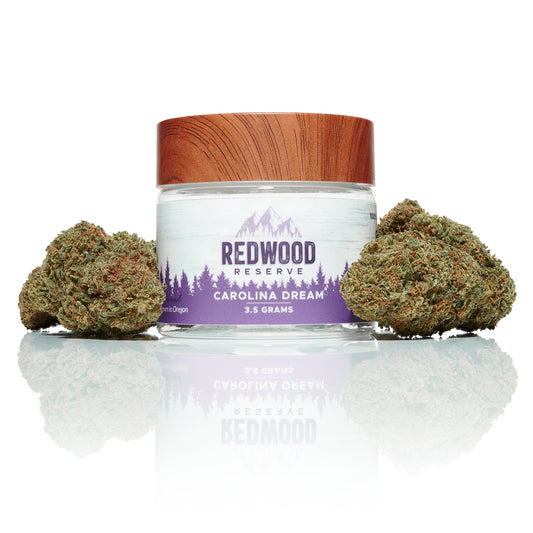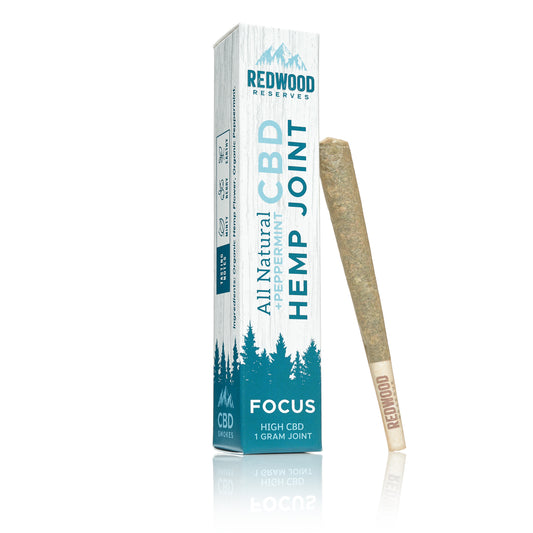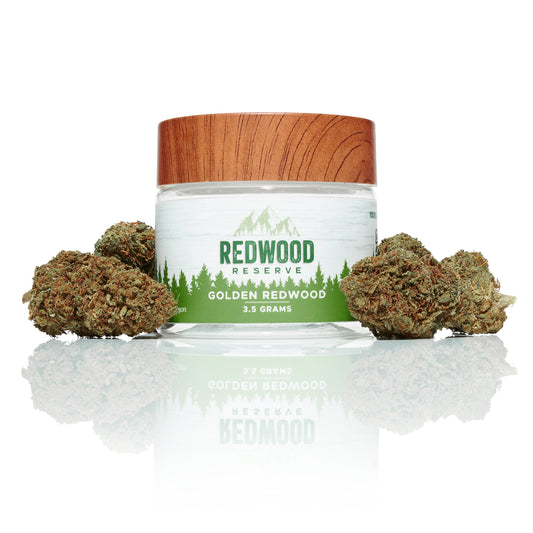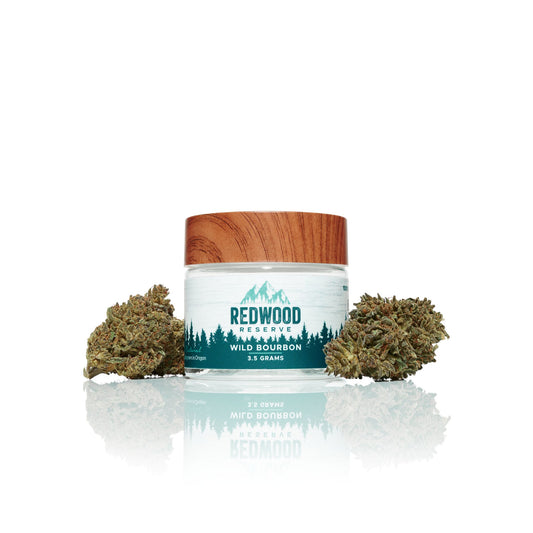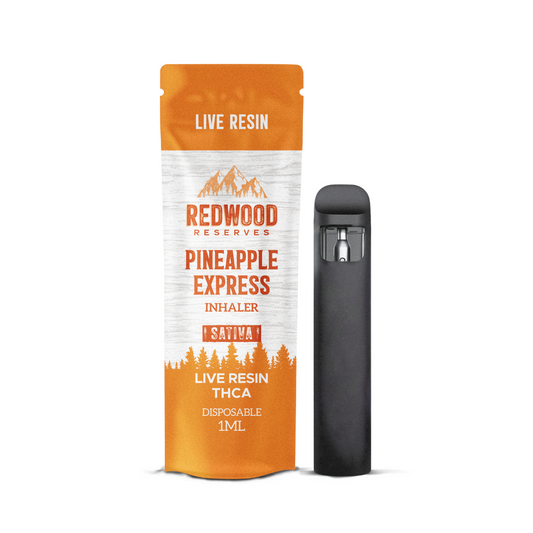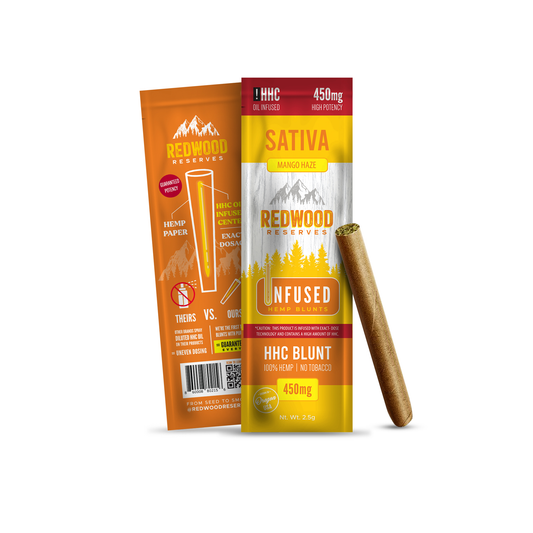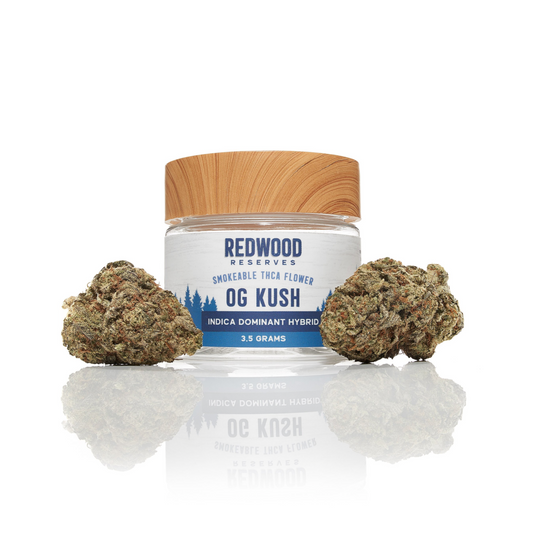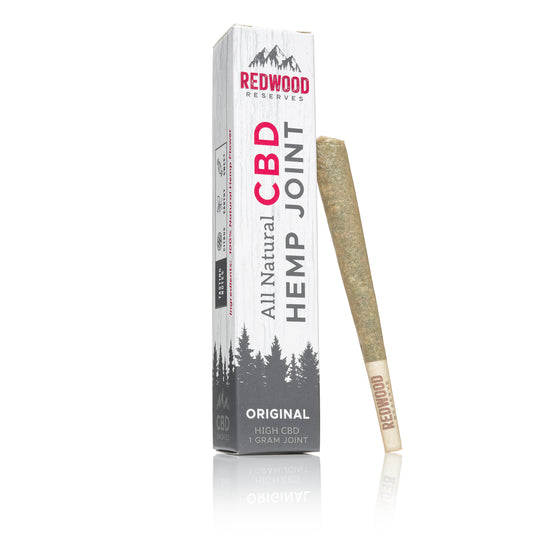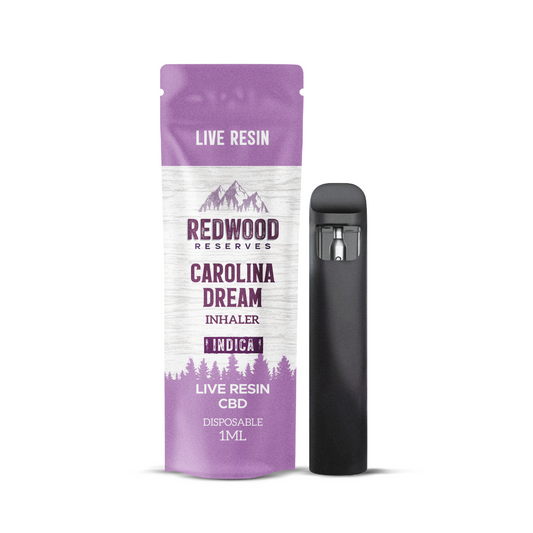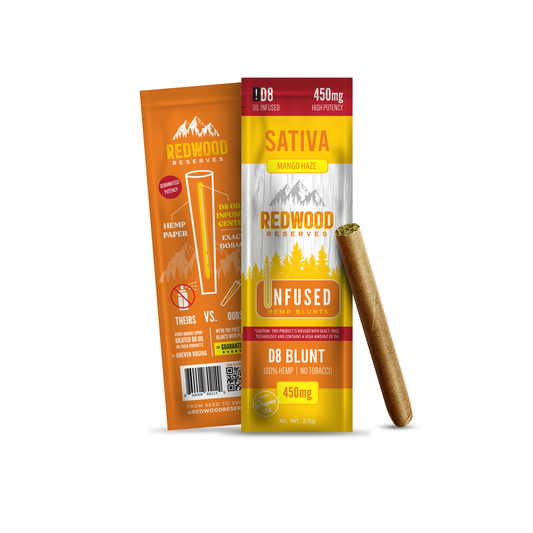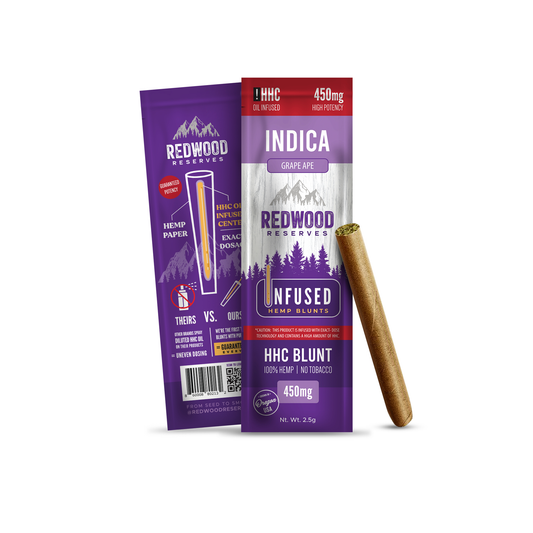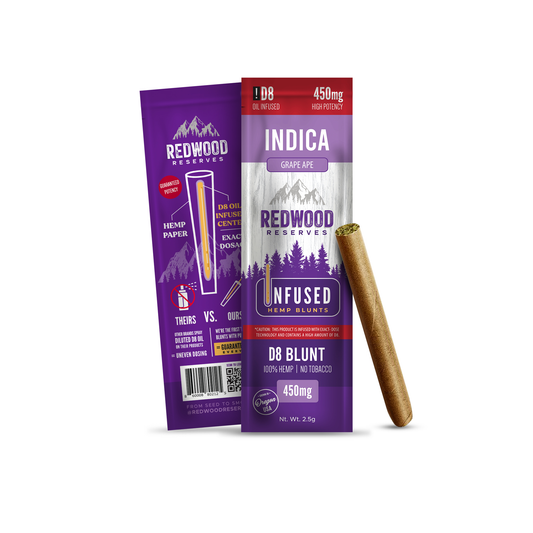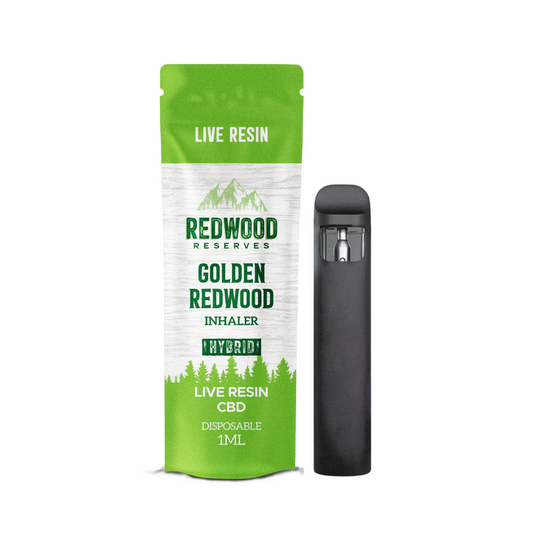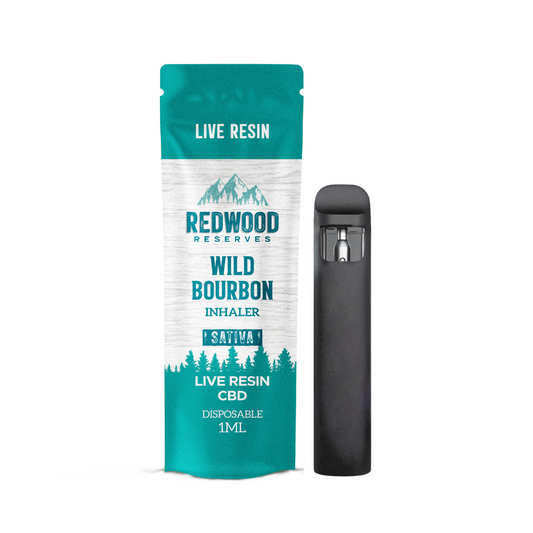Organic is a term that’s been bandied about for decades, but it has a history of being misrepresented. There’s only one way to claim “organic,” and it all starts with the growth process of the living organism that makes up a product – whether it’s food, fibers, grains, vegetables, flowers, or animal products such as milk, eggs, or meat.
From nature to nurture
When food or any other product claims organic, it must be derived from living matter to validate the claim – which points to its origins. How was it grown, produced, nurtured? If it was created with agricultural practices that don’t involve synthetic chemicals and inputs outside the farm – that’s organic. Basically, it’s the absence of herbicides, pesticides, weedicides, fertilizers, or GMOs (genetically modified organisms).
Now, let’s get to the heart of the matter, i.e., does it matter? In our humble opinion, yes. In fact, it matters so much to our Redwood Reserves family that we built a business around it – because we believe nature truly knows best.
Our journey began with hemp cigarettes. We weren’t the first to go there – we started Redwood Reserves to create a better hemp cigarette than what already existed on the market. What was available on the market before our product included hemp biomass, which just sounds gross, right?
Here’s the deal – CBD biomass is cannabis cultivated for large-scale processing and mainly used with industrial products. It’s produced to create extracts for CBD products and grown on a larger scale. It typically requires machine harvesting, trimming, and drying (rather than cured), often resulting in a hay-like smell and very little terpene content. Which, to us at least, defeats the purpose of enjoying CBD smoke because it tastes terrible and isn’t as effective.
Not plant-based, plant-powered
We weren’t having it, so we set out to do better. We’re a family operation obsessed with growing and tending the pure CBD flowers we grow in Willamette, Oregon. Not only do we avoid biomass of any kind, but we base our reputation on the plant and how it’s grown. There’s only one thing in our products, and that’s 100% naturally grown hemp flower. Our flowers are slow-cured to maintain the natural aromas and flavors in the oils and terpenes, resulting in more flavor and better effects.
Our belief in the quality of our flower is rooted in its growth process. Let’s break it down.
Integrated pest management & trap cropping
Although pesticides aren’t allowed on our farms, that doesn’t mean we don’t have pests. Being 100% organic doesn’t solve the problem of pests – far from it. We just manage it differently.
Our pest approach involves integrated pest management and trap cropping. Integrated pest management means we use nature to address nature. In our case, it’s ladybug and praying mantis eggs, which we introduce to our fields. When the eggs hatch, they go after aphids and other pests, such as the cucumber beetles that are detrimental to our hemp plants.
However, integrated pest management doesn’t solve all of our pest problems, so we take it a step further and practice trap cropping. This involves planting other plants in between our rows of hemp plants. These different plants, such as pumpkin, act as a red herring and attract the pests away from our hemp plants. Pretty cool, right? We think so. Nobody gets hurt – everybody is happy.
Happy soil, healthy plants
We don’t stop there – not for our precious flowers. We also take great care of their home, which is the soil. To have healthy plants, you need healthy soil. Farming naturally leaches the nutrients from the ground with every crop planted – and those nutrients need to be replaced to keep the soil nourished and healthy.
Rather than rely on synthetic fertilizers, we plant a cover crop (crimson clover) during the winter. Regular raking and turning over this crop (i.e., tilling) naturally introduces nutrients back into the soil to prepare it for our next flower crop. We also put hemp and animal waste back into the soil to feed it further naturally.
All of this work and TLC ensures our farmland is naturally fertile and ready to produce our organic, cannabinoid-rich plants, which are full of all-natural CBD, flavor, and nothing else.
Preserve the farm, preserve the planet
Although flower quality is vital to us, it’s not the only reason we choose to farm this way. Another benefactor of our precise methods is the earth. Organic farming is sustainable to the planet, which is important. Our farming methods create a rich, healthy soil base. Healthy soil has less runoff that can corrupt waterways. Also, we’re keeping the air clean and free of the harmful chemicals found in pesticides.
Another planet-friendly benefit? Lower energy use. When you consider chemical fertilizers, it’s important to remember that they have to be manually produced and spread – all of which require energy. On the flip side, cover crops and natural fertilizers, like animal and plant by-products, are derived from living organisms that don’t require synthesized energy to produce. Again, the emphasis is on biodiversity – where living organisms and ecosystems are working together as part of one more extensive living system.
The big picture matters.
Quality drove us to create Redwood Reserves, and quality sustains our farms, hemp products, and mindset. But it goes beyond that – we grow for the sustainability of our land and the community it impacts.
We’ve always supported preservation, and we take great care to sustain our little corner of the earth in the purest way possible. It’s a choice – and one we believe is evident in the quality, taste, and effectiveness of our smokable hemp products.
